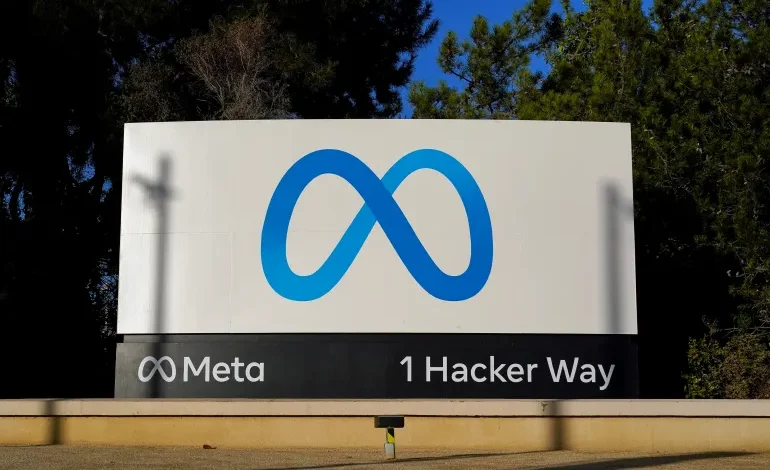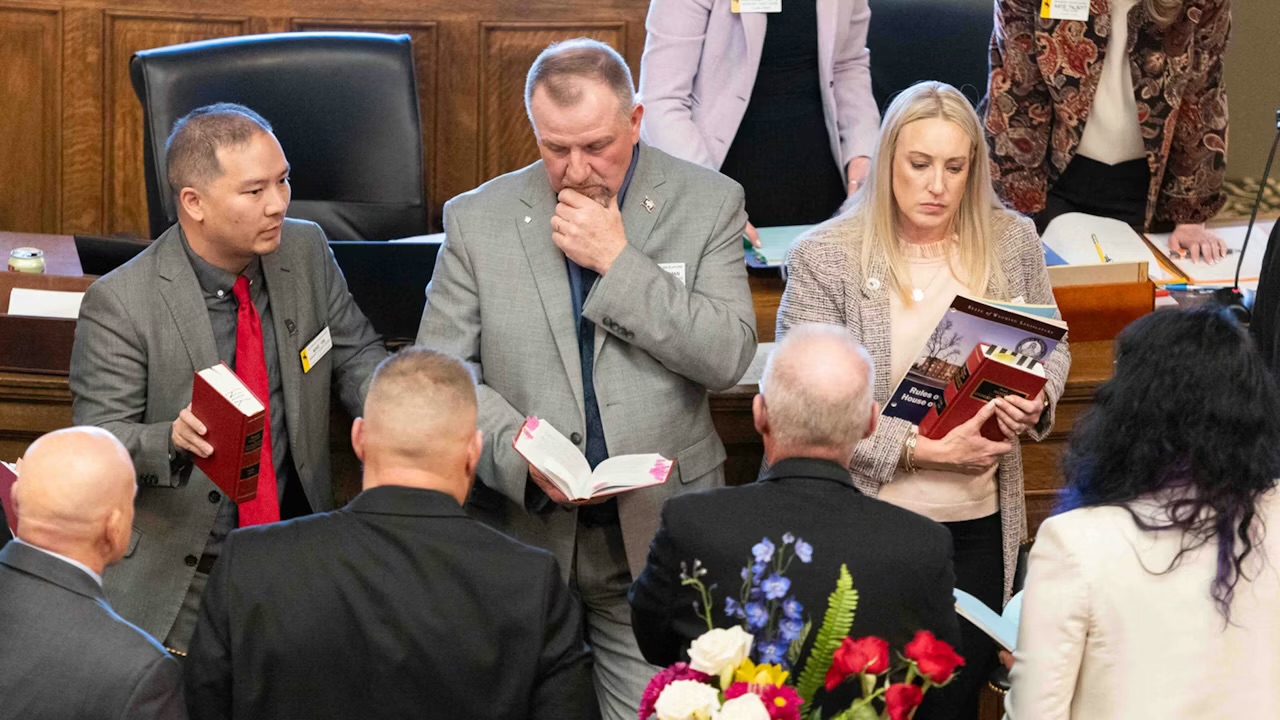US Supreme Court Lets Mississippi Social Media Age-Verification Law Stand — For Now

The United States Supreme Court has refused to block a Mississippi law that forces social media platforms to verify users’ ages and obtain parental consent for minors.
The decision on Thursday came after NetChoice — a Washington-based trade group representing tech giants including Meta, Alphabet, and Snapchat — asked the justices to halt the law, arguing it violates constitutional protections for free speech.
Justice Brett Kavanaugh, in a statement, called the law “likely unconstitutional” but said NetChoice had not met the high bar to stop it at this early stage.
Paul Taske, co-director of the NetChoice Litigation Center, seized on that remark.
This was the first time the Supreme Court has been asked to weigh in on an age-verification law for social media. NetChoice had already won initial pauses in federal court, but the 5th US Circuit Court of Appeals allowed the law to take effect in July without explanation.
The law, passed unanimously by Mississippi lawmakers in 2024, reflects concerns about social media’s impact on children’s mental health. It requires platforms to make “commercially reasonable” efforts to verify user ages and obtain “express consent” from a parent or guardian before a minor can open an account.
Violations could bring civil penalties of up to $10,000 and potential criminal charges under state deceptive trade practices law.
NetChoice sued in 2024 to strike down the measure. Some of its members, including Meta, YouTube, and Snapchat, had been shielded by lower court rulings until the appeals court reversed course last month.
Courts in at least seven states have already blocked similar laws. Meanwhile, technology companies are defending themselves in separate lawsuits brought by states, schools, and families, alleging social media has worsened youth mental health — claims the companies deny.
Mississippi argued to the justices that requiring age verification and parental consent is a “common way for states to protect minors.”









The latest news in your social feeds
Subscribe to our social media platforms to stay tuned